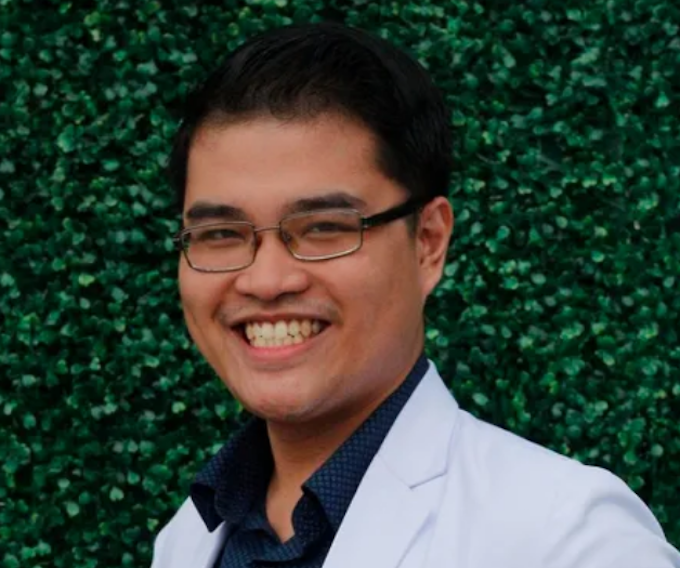
By Felipe F. Salvosa II in Manila
Renz Paas is an avid consumer of medical literature. Following news of an outbreak of a novel coronavirus from China early this year, the 27-year-old Filipino doctor kept himself abreast of emerging research on the disease now known in the world as Covid-19.
So when Dr Paas started having dry coughs on Monday, March 23, then shortness of breath and the loss of the senses of taste (dysgeusia) and smell (anosmia), he knew he was having the symptoms described by infectious diseases specialists.
Then fever set in. After informing his superiors in the internal medicine department of a major Quezon City hospital, where he was working as a resident physician, Dr Paas went on home quarantine.
“I observed the symptoms but the cough was getting worse and the fever was continuous,” Dr Paas told PressOne.PH in an online interview.
“Friday, I went to the hospital. We did the tests and they were compatible with Covid-19 features. My chest X-ray showed pneumonia. So, I was admitted,” he recalled.
As a healthcare frontliner, Dr Paas was outraged upon learning from the news that some asymptomatic politicians got tested for the virus ahead of many others and in the comfort of their homes.
“I had to wait until the evening for my swab, because they ran out of swab kits,” he says.
Week for test result
It took a week for results of the polymerase chain reaction test to come back from the Research Institute for Tropical Medicine. He was positive.
“So far the epidemiologic data about Covid-19 published in NEJM (New England Journal of Medicine), The Lancet, and so on were all true. The anosmia and dysgeusia were initial symptoms. And you can get pneumonia even you’re in the 20s!” Dr Paas told his friends on Facebook on April 4, the day he was discharged.
Dr Paas suspects he was exposed to an infected patient in the course of work, an example of the risks medical professionals take especially during a pandemic. As an “internist”, his patients include those with diabetes and other chronic illnesses, “co-morbidities” that make them more vulnerable to Covid-19.
He is also proof that young, healthy people can catch the virus.
But probably because he is younger and healthier than the typical Covid-19 patient, Dr Paas’s symptoms did not worsen further.
And because he is a doctor who is familiar with the medical research, he agreed to treatment using controversial hydroxychloroquine.
The anti-malaria drug is still the subject of much debate in the United States, where President Donald Trump is reported to have a financial stake in the drug and which now has the world’s largest number of coronavirus cases. But it is recommended by the Philippine Society of Microbiology and Infectious Diseases and approved by the Department of Health.
‘Started with antiobiotics’
“We started with broad-spectrum antibiotics because the standard was treat and manage as pneumonia,” Dr Paas says.
“Then I was started with hydroxychloroquine, which has small studies and not so strong data but we started anyway,” he said. “The standard of care was properly followed.”
On Facebook last week, Dr Paas proudly posted his chest X-ray. Pneumonia is gone and both lungs are clear.
But he clarified that the treatments available, like his hydroxychloroquine regimen, are based on small clinical trials. The key is still to avoid catching the disease.
“There is no absolute treatment to Covid-19. Let’s keep safe, practice social distancing, and WASH YOUR HANDS,” he wrote on his Facebook page.
Now a Covid-19 survivor, Dr Paas will be careful in the meantime. He also knows from medical literature that “viral shedding” or emission of the virus may still occur three weeks after recovery.
He is excited for the day he returns to the hospital to help fellow frontliners. “Can’t wait to go back and kick some Covid-19 ass,” he says.
- The Philippines is reported to have 3870 cases of infection and 182 deaths.
Felipe F. Salvosa is coordinator of the journalism programme at the University of Santo Tomas in the Philippines and publishes the independent news blog PressOne. He is also a contributor to Asia Pacific Report.












































